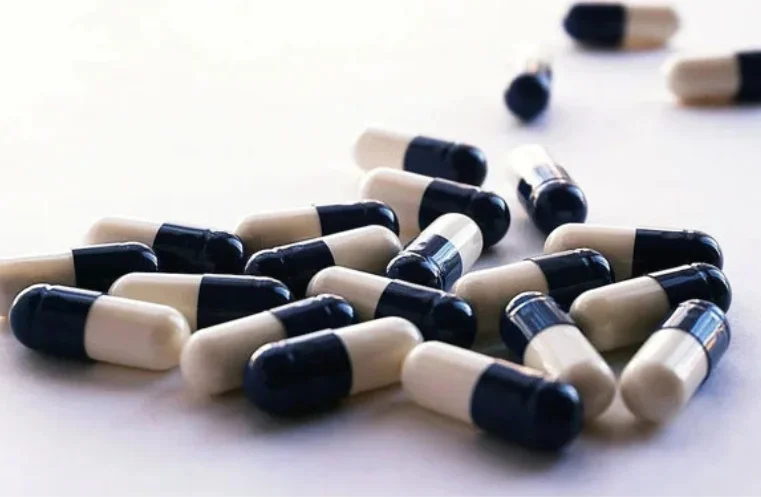Islamabad, Jan 13: The cost of essential medicines and injections has witnessed a dramatic surge, placing an enormous financial burden on patients and their families. Recent reports indicate price hikes as high as 250% for some life-saving drugs, raising serious concerns about the accessibility of healthcare in the country.
Among the most striking increases is the price of the Evinol injection, which now costs a staggering Rs. 1500 per box, compared to its previous price of Rs. 432. Similarly, Irbesartan tablets, commonly used for managing high blood pressure, have risen from Rs. 549 to Rs. 686, further compounding the financial strain on chronic illness patients.
Buy Suzlon Energy Stock? Insights on 31% Price Drop
Other essential medicines have not been spared. Tenofovir tablets, used for treating HIV and hepatitis B, now cost Rs. 313, up from Rs. 260. Brexin tablets, often prescribed for inflammation and pain, have gone up to Rs. 650 from Rs. 600. Ponstan tablets, another commonly used pain-relief medication, have surged from Rs. 736 to Rs. 931.
The price of Pulmonol syrup, a vital remedy for respiratory conditions, has skyrocketed from Rs. 19 to Rs. 165, making it nearly unaffordable for many households. Ansaid tablets, once priced at Rs. 276, are now Rs. 325. Equally concerning is the Gravinate injection, a crucial anti-nausea drug, which has seen its price jump from Rs. 253 to Rs. 626. The cost of Clarithromycin syrup, essential for treating bacterial infections, has more than doubled, rising from Rs. 281 to Rs. 650.
Other critical medicines, including Surbex Z and Sunny D injections, have also experienced sharp increases. This relentless escalation is amplifying the financial challenges faced by families, particularly those in vulnerable communities.
The rising costs of these essential drugs highlight the urgent need for government intervention and policy reforms to ensure affordable healthcare. Addressing these price hikes is critical for protecting the well-being of citizens and preventing further inequities in access to life-saving treatments. Without immediate action, the burden on households will only grow, exacerbating the struggles of countless individuals who rely on these medicines for their survival.









